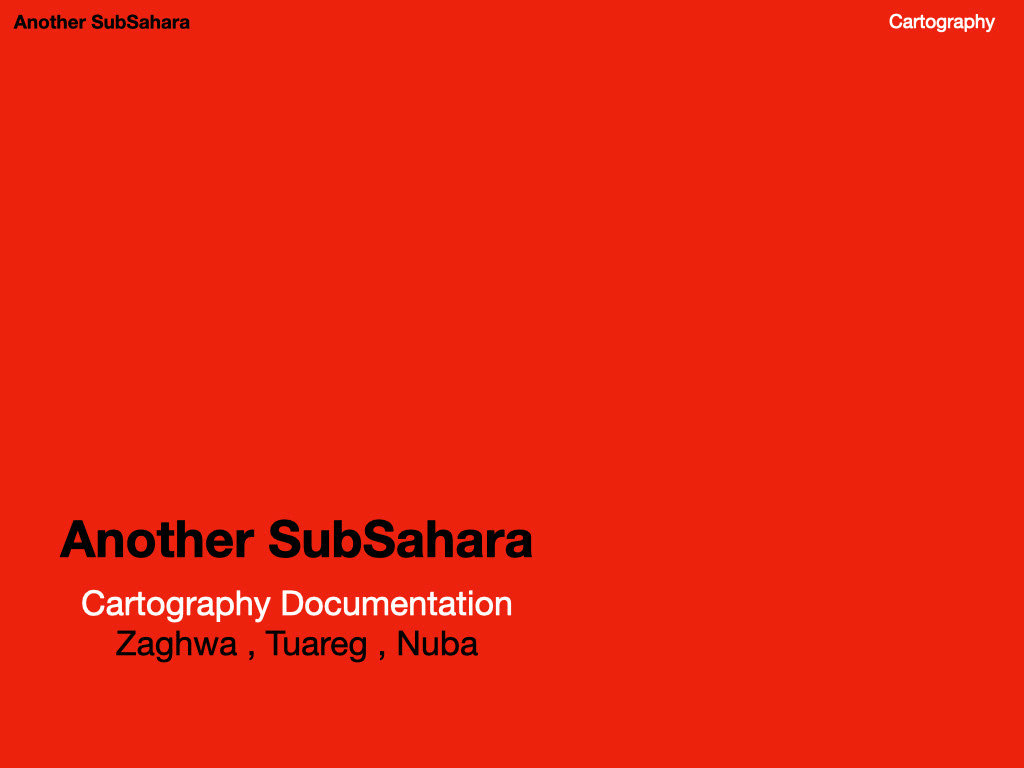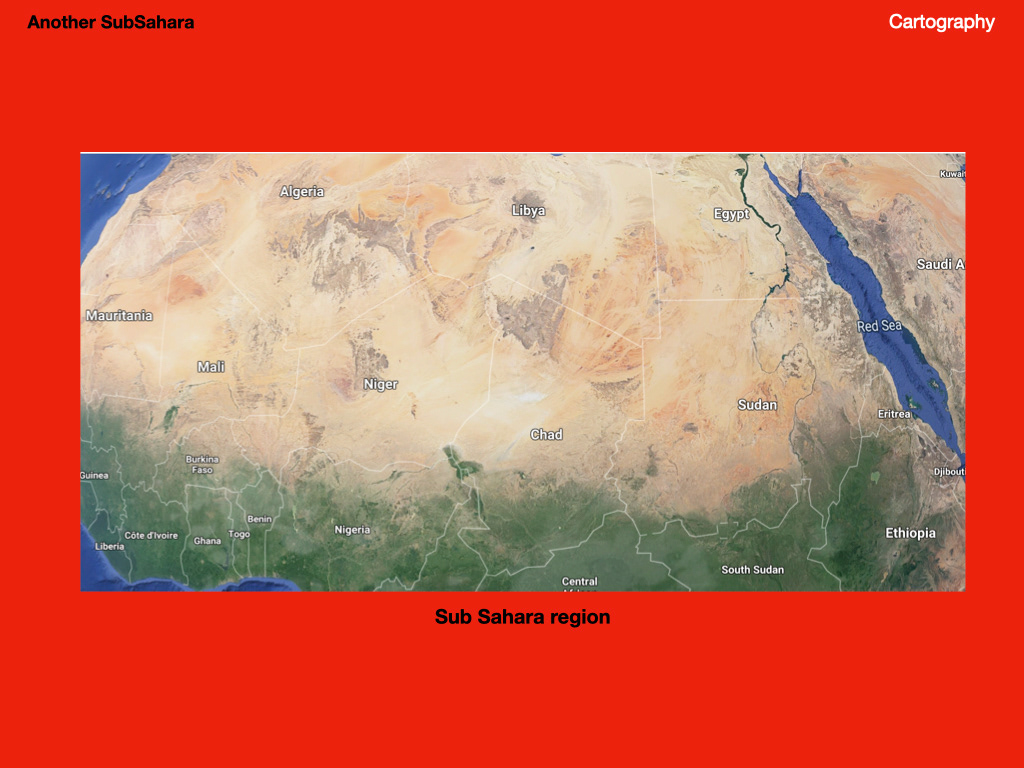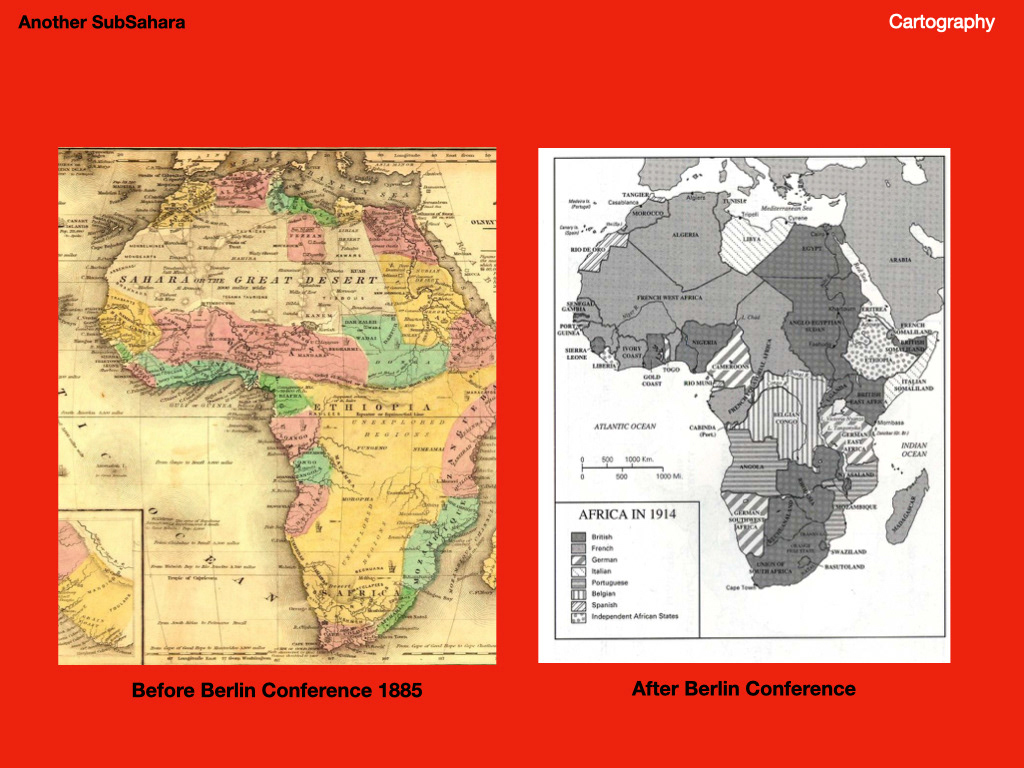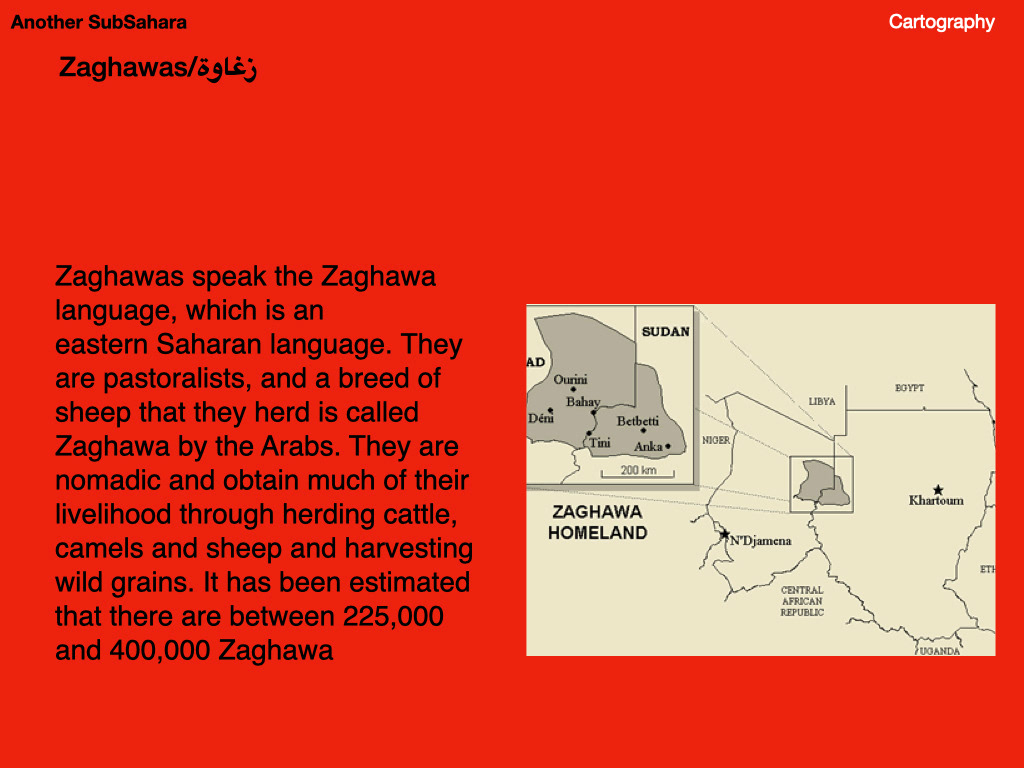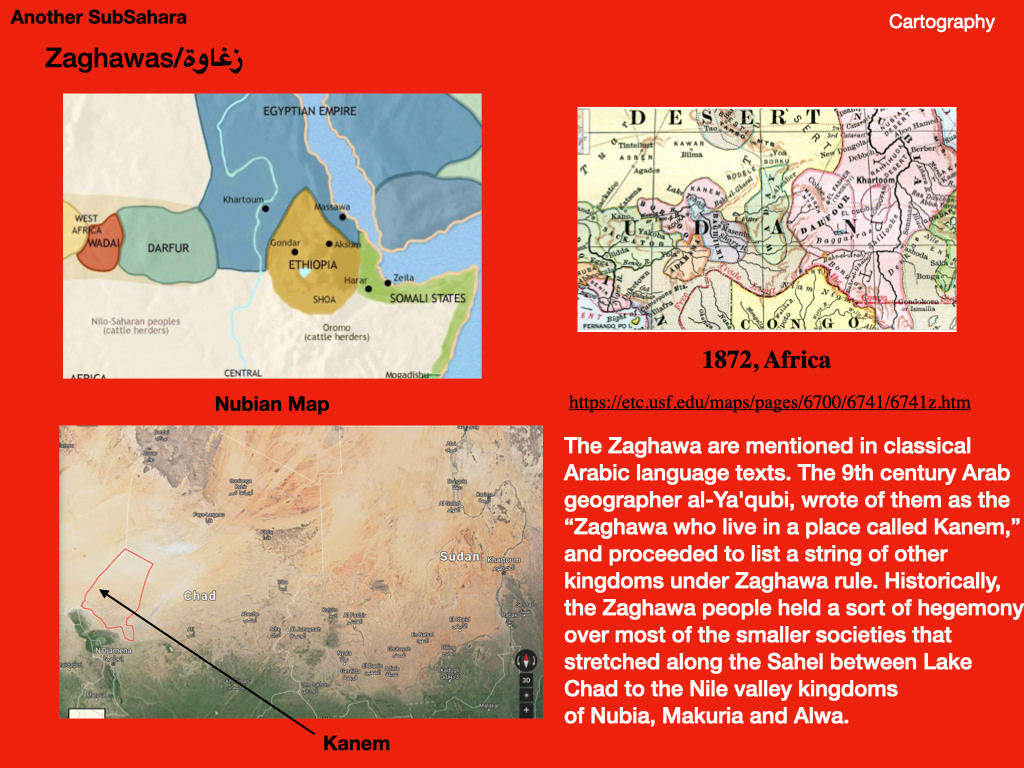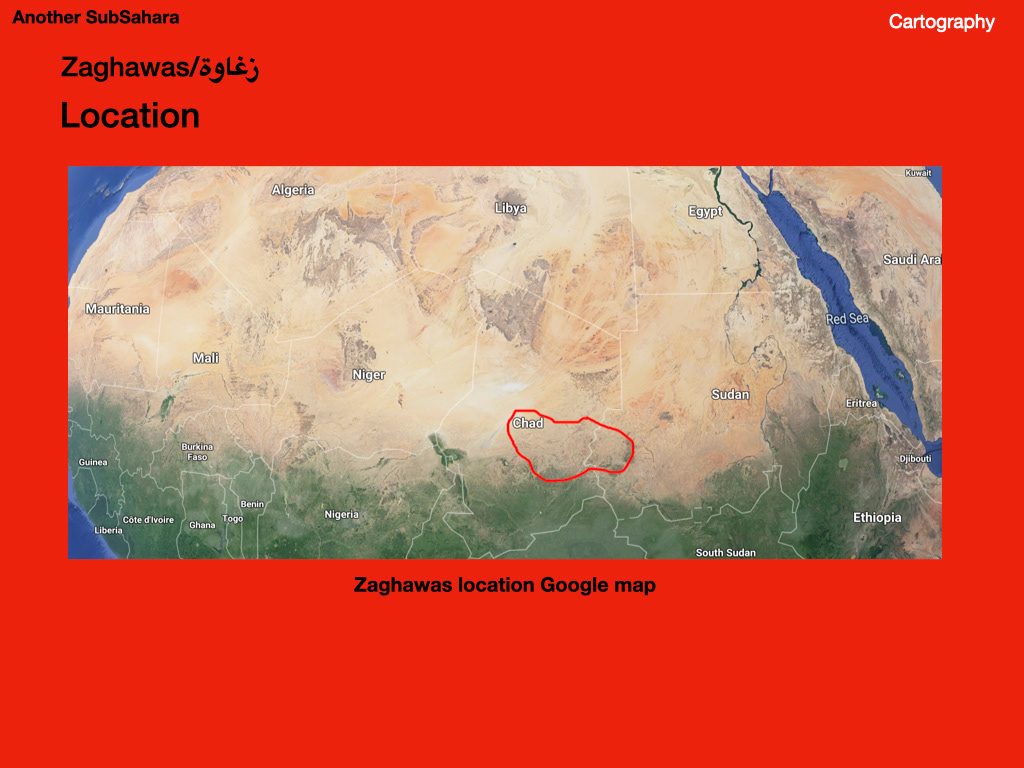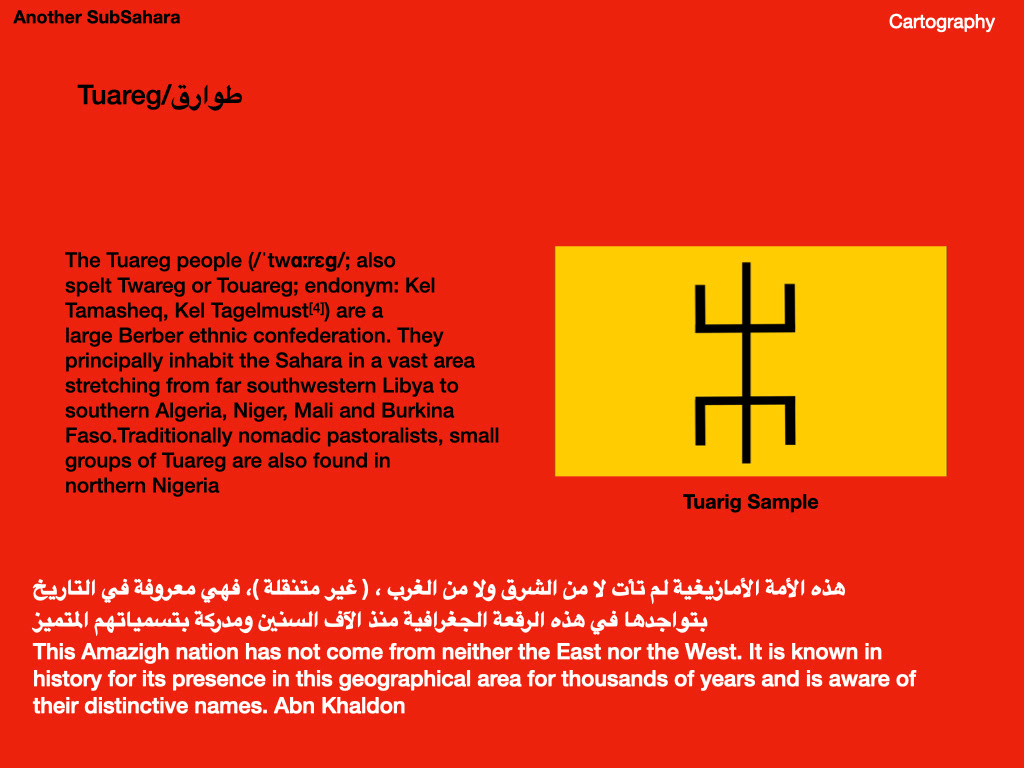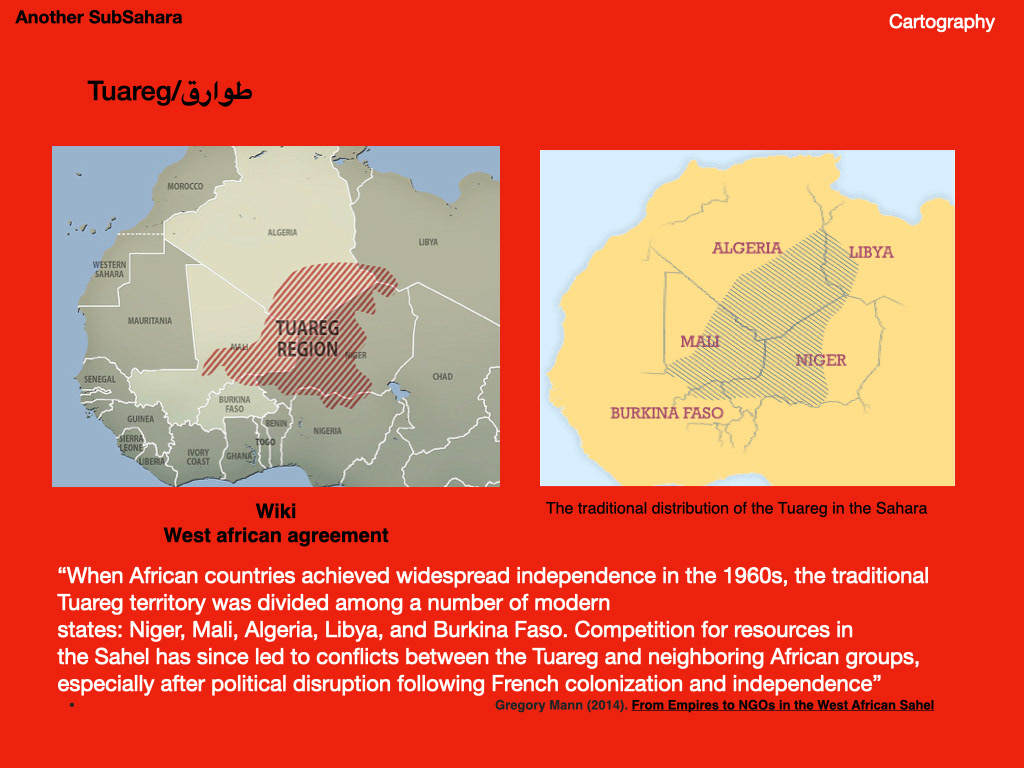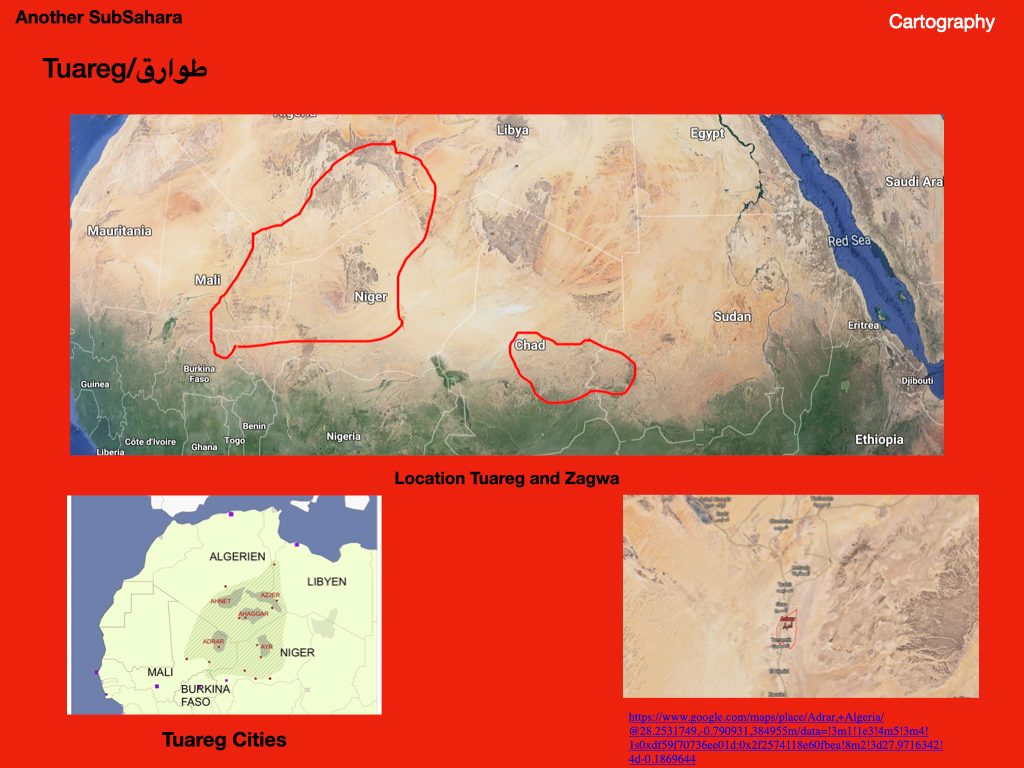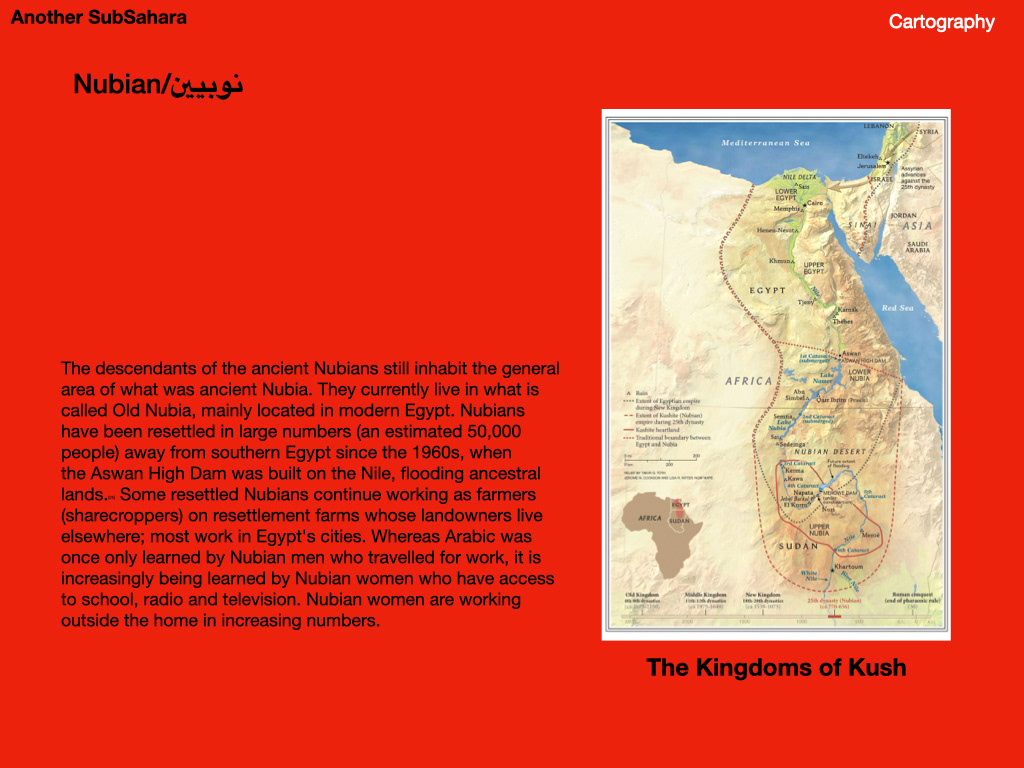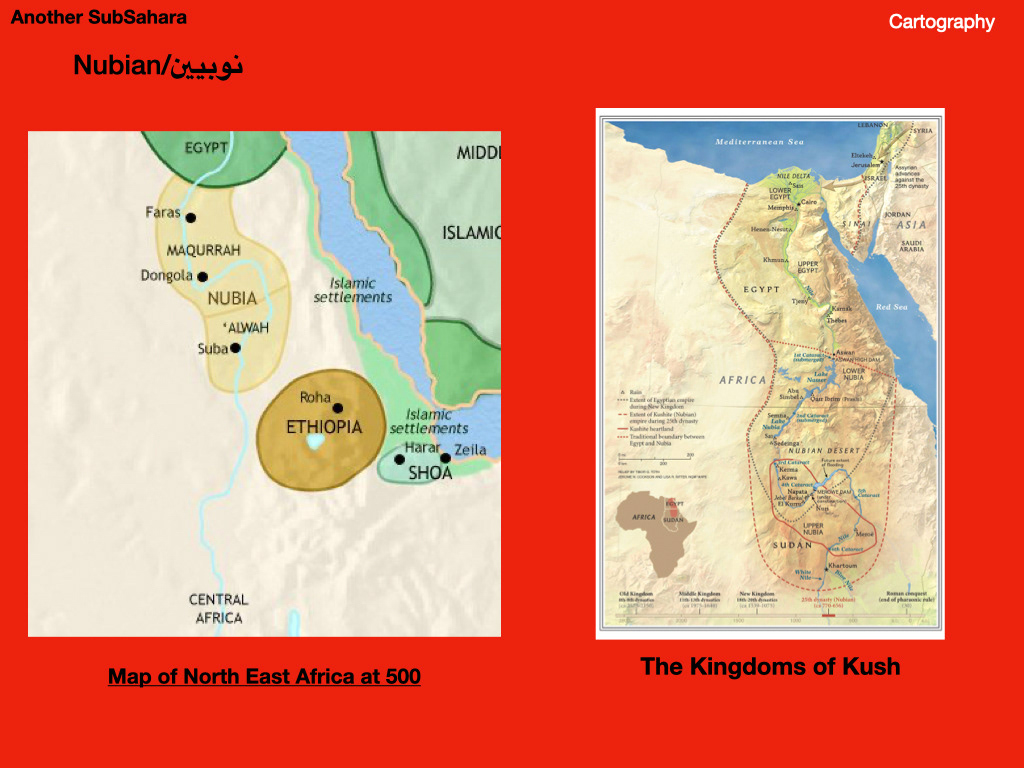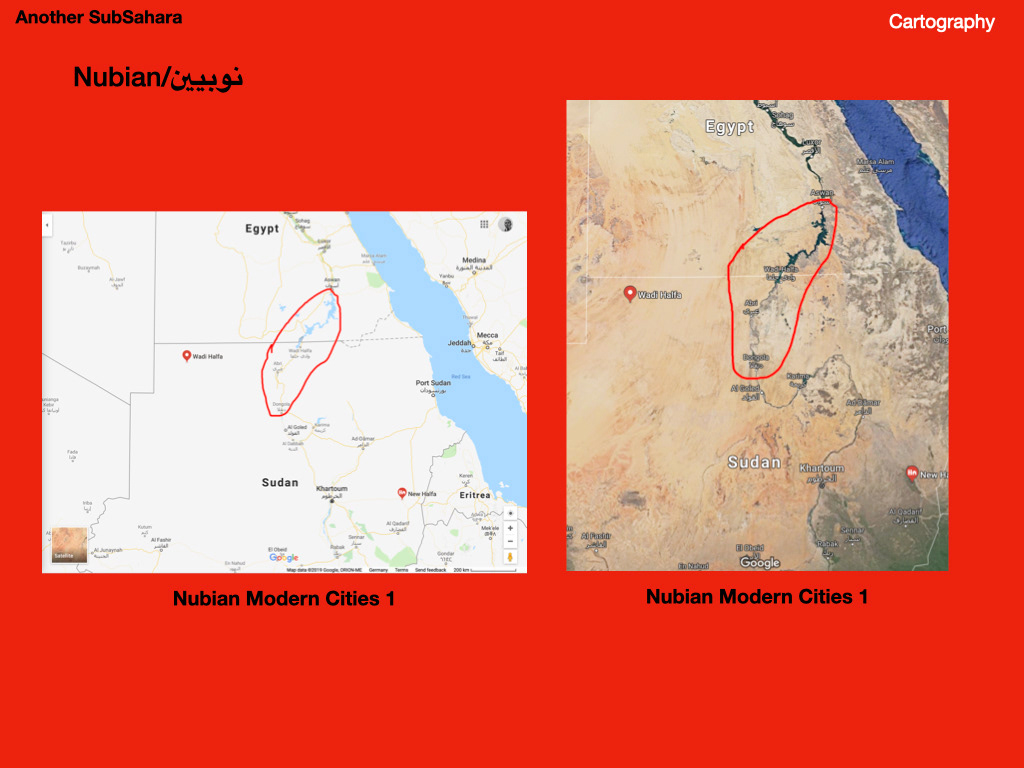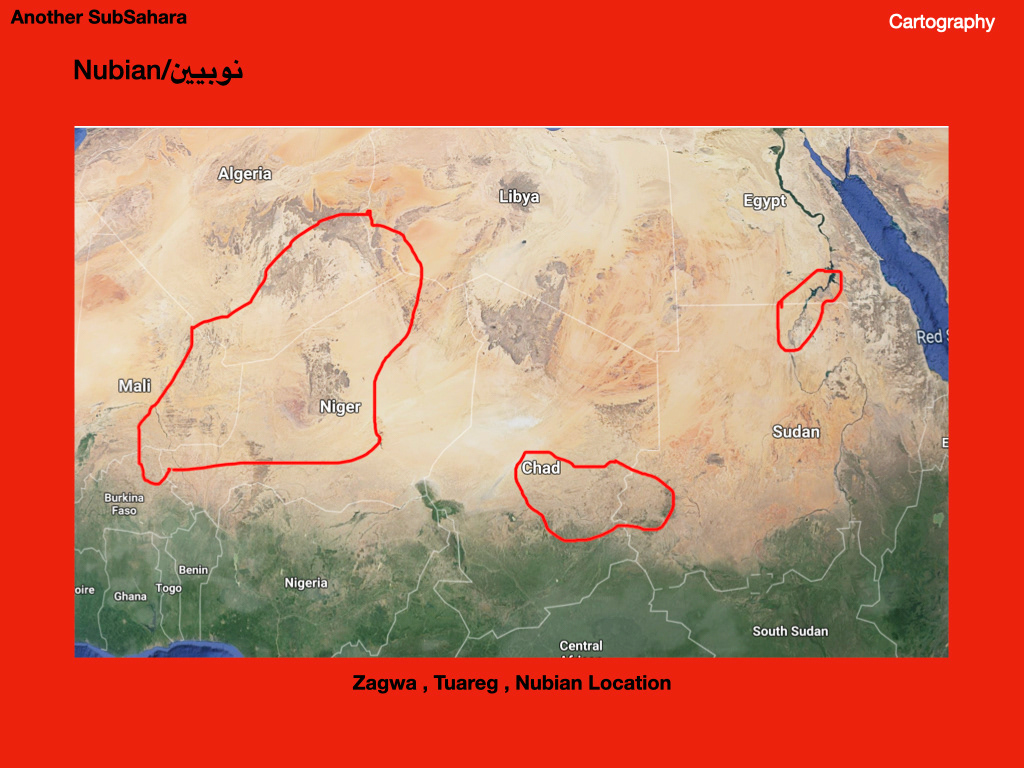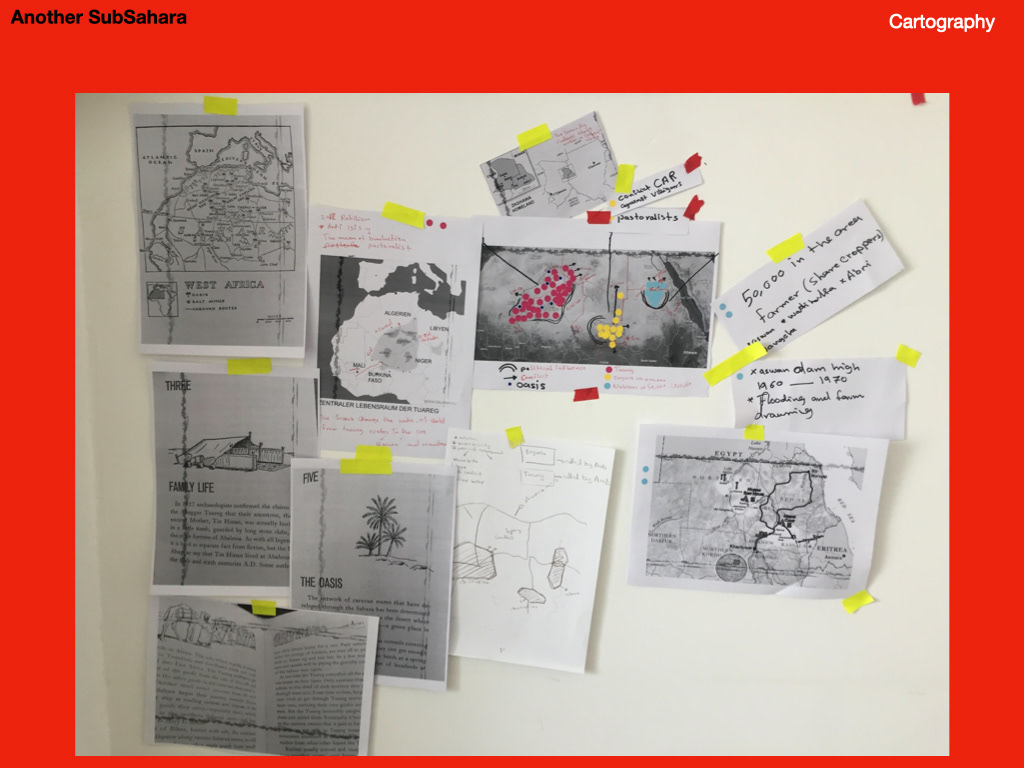This research delves into the historical context of nation-state borders in Africa and their lasting impact on the region, particularly focusing on the Sahara. The study acknowledges that these borders were not a product of the choices made by Africans but were imposed by European colonial powers during the era of regional expansion. The resultant boundaries disregarded cultural and economic ties among local communities and were instead founded on colonial ambitions. Despite the attainment of autonomy by African nations several decades ago, the inherited colonial borders have persisted. Consequently, this research examines the conflict between certain societies in the semi-desert region, namely the Nubian, Tuareg, Hause, and Zagwa communities. The cartographic documentation in this study, titled "Sahara Beyond the Nation-State," seeks to map out these conflicts and shed light on the enduring consequences of historical border demarcations on indigenous populations.
Medium: Editorial design, Cartography
Tools: Indesign, Illustrator
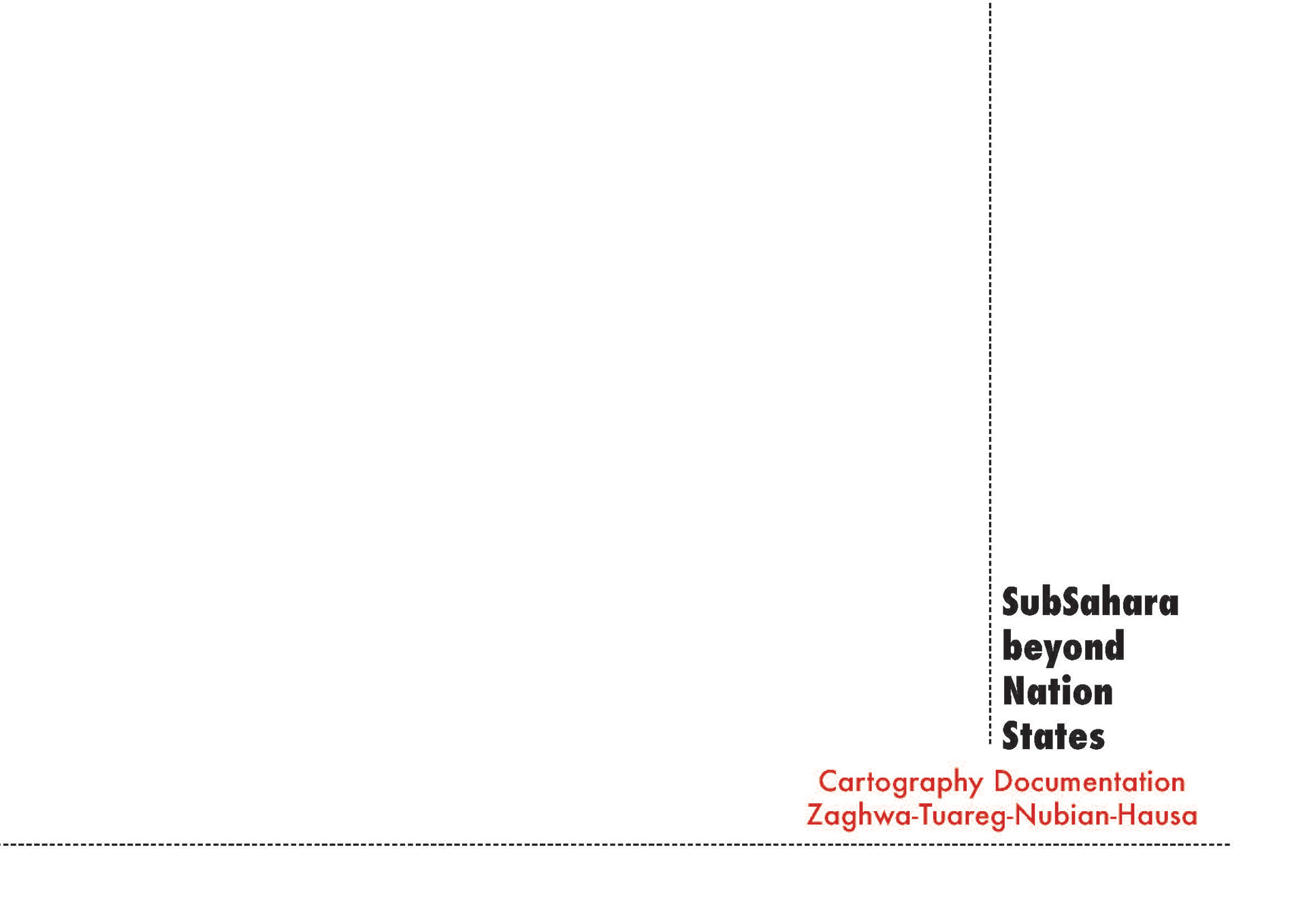

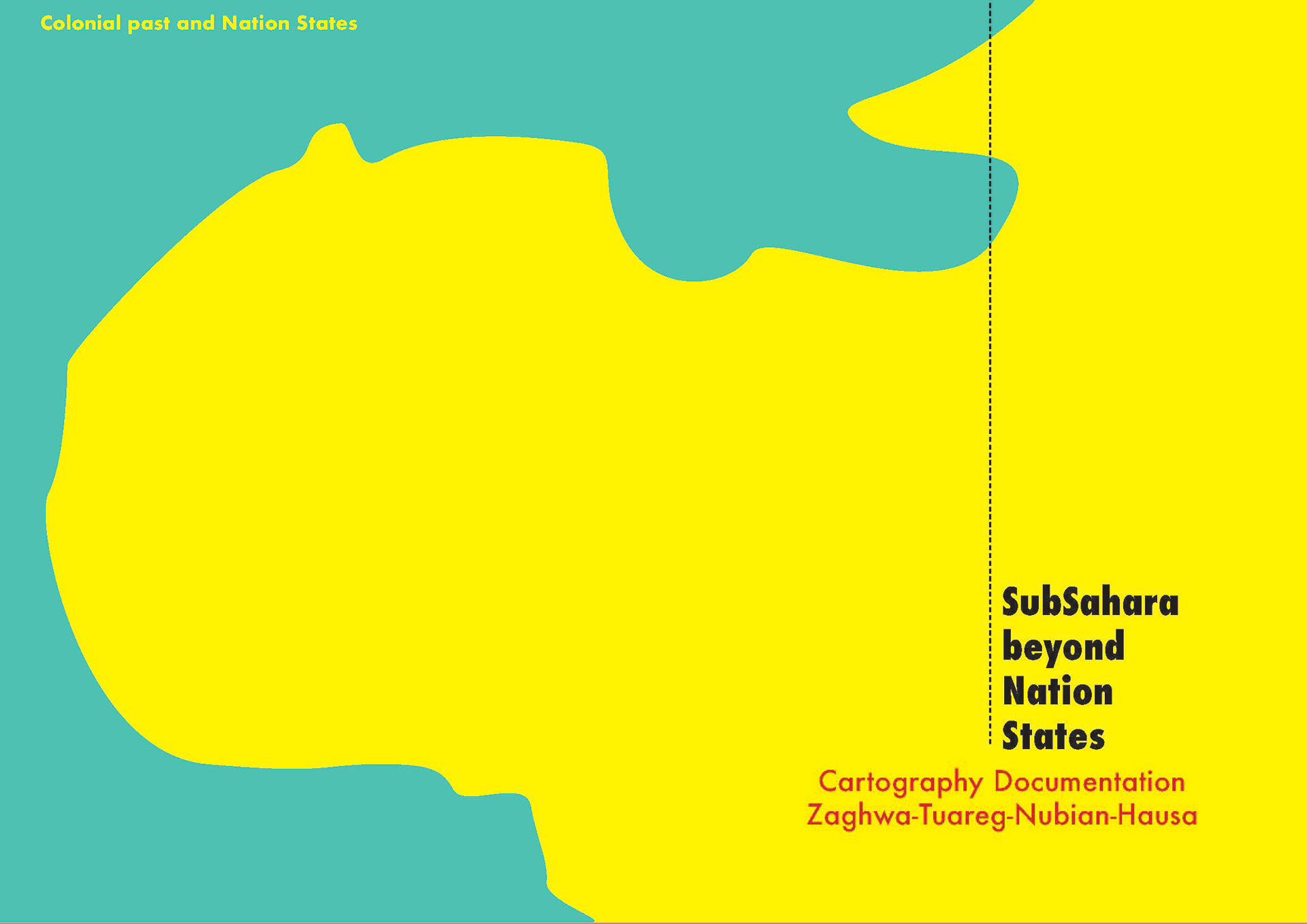
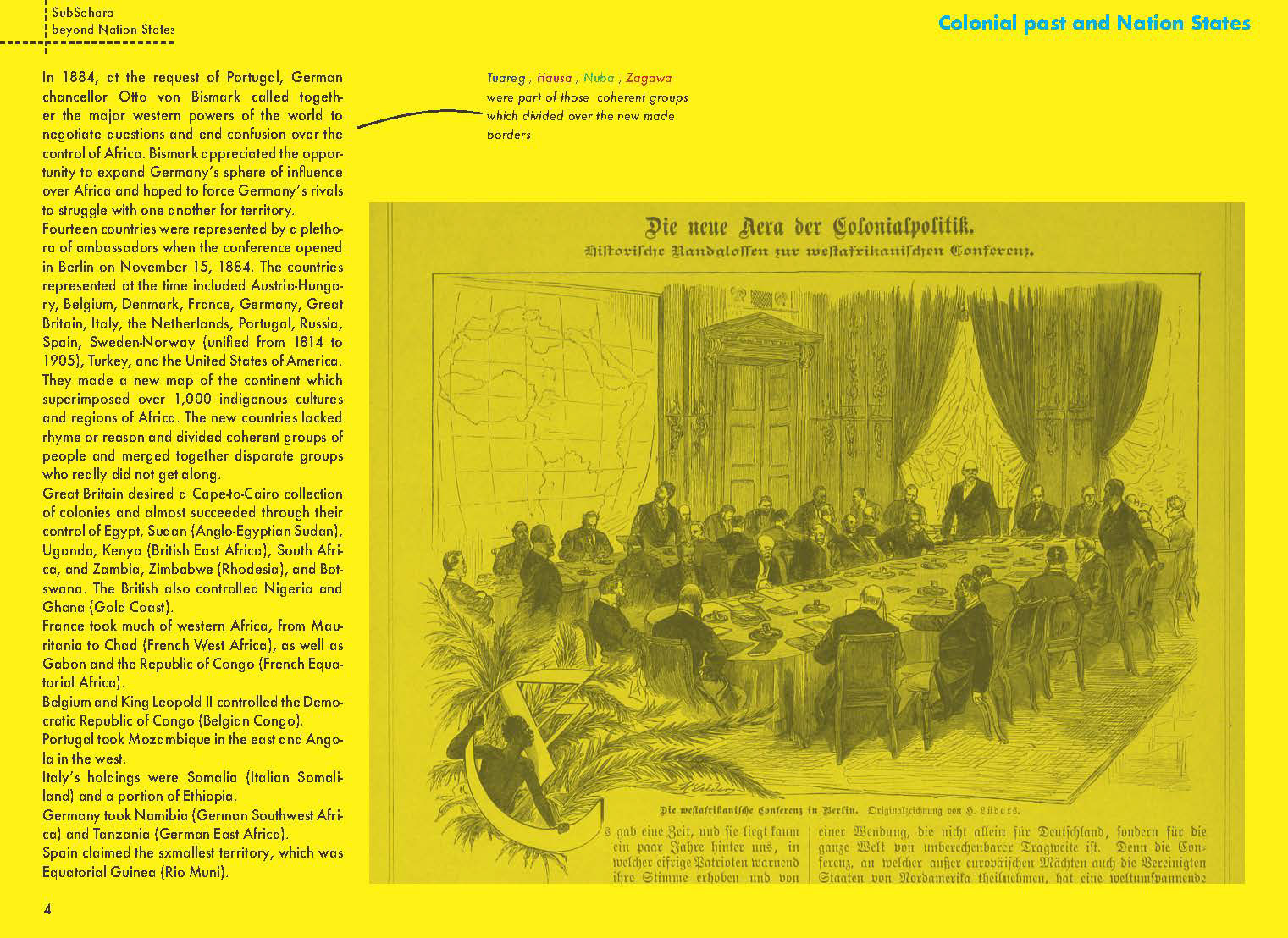
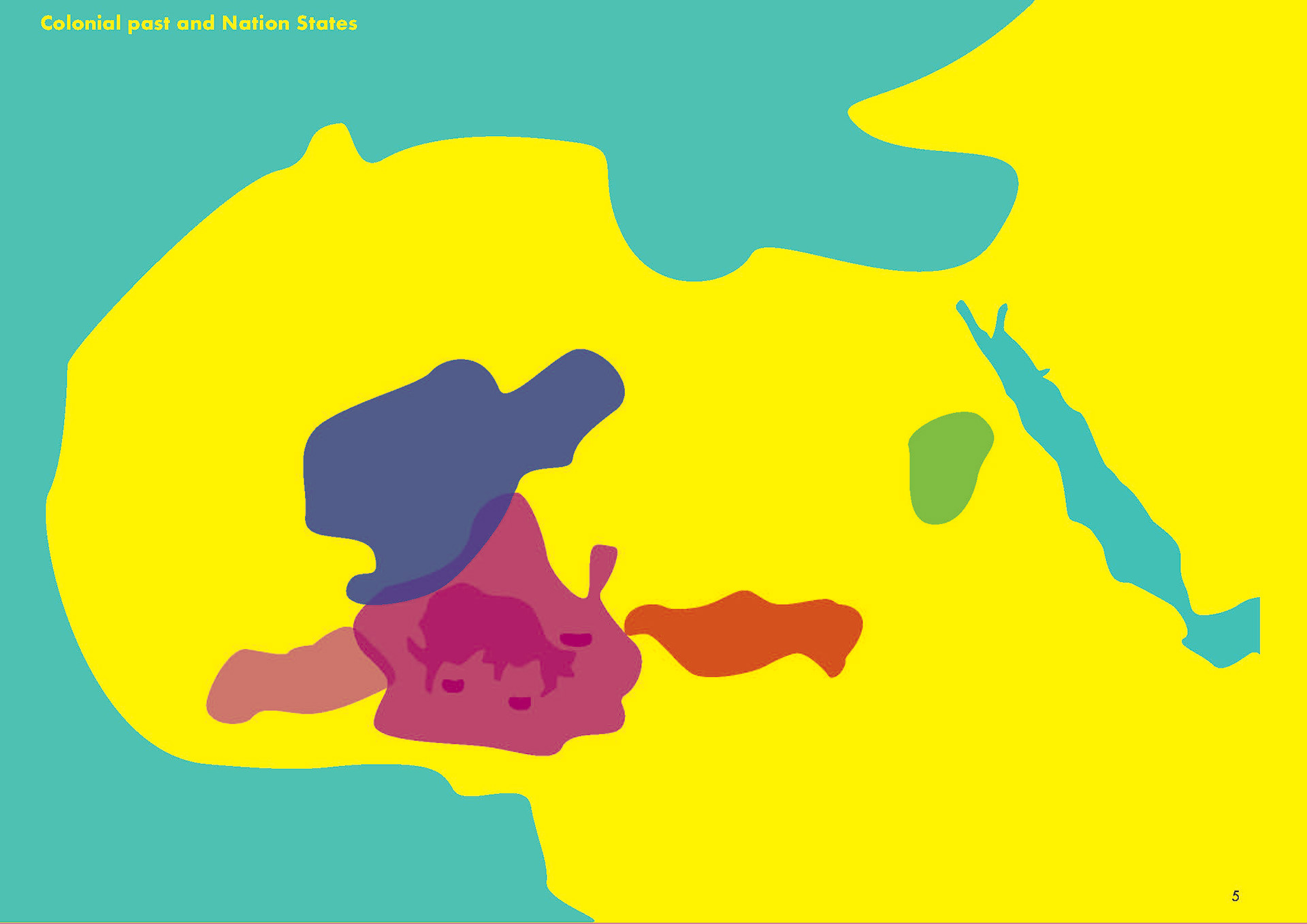
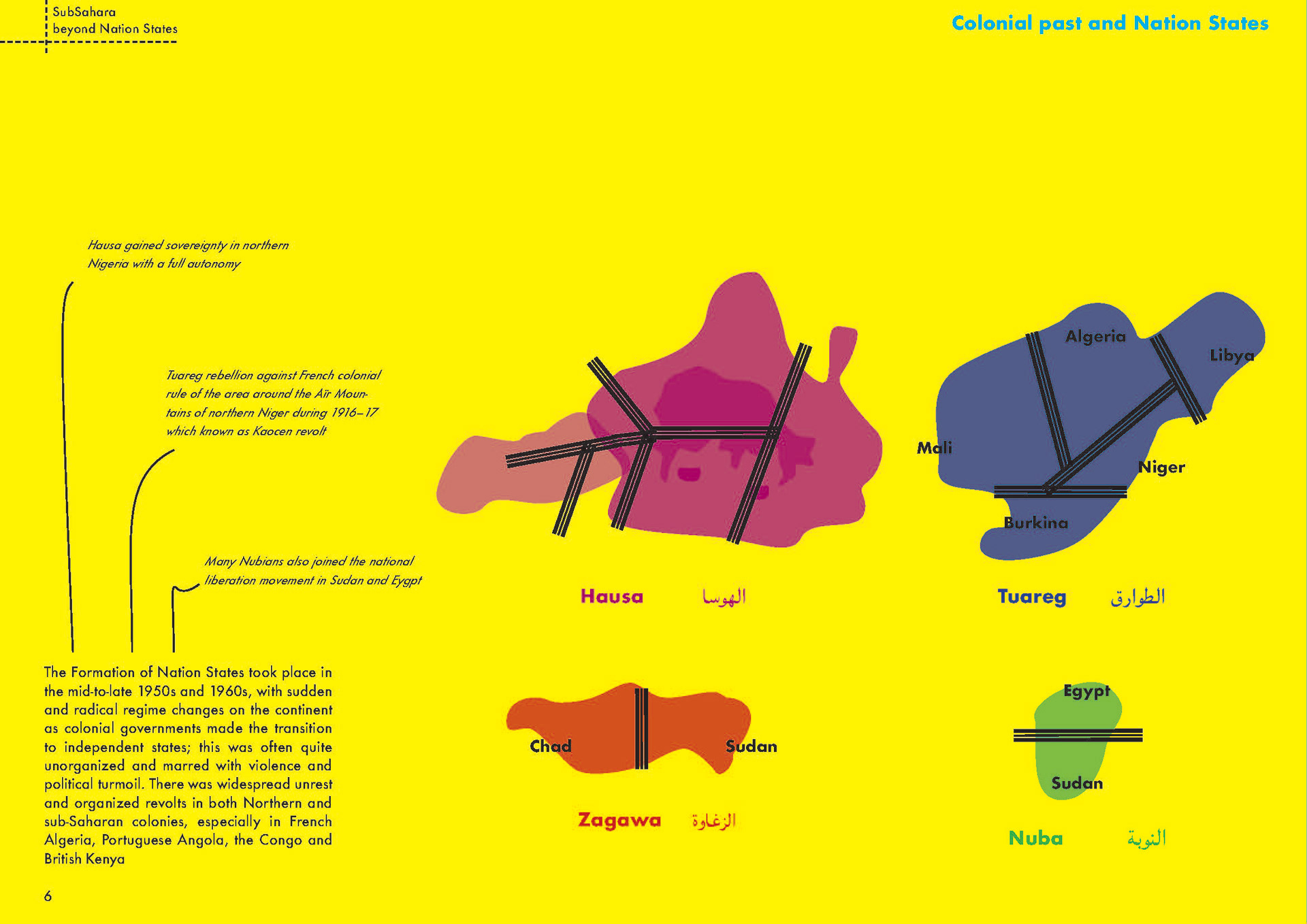
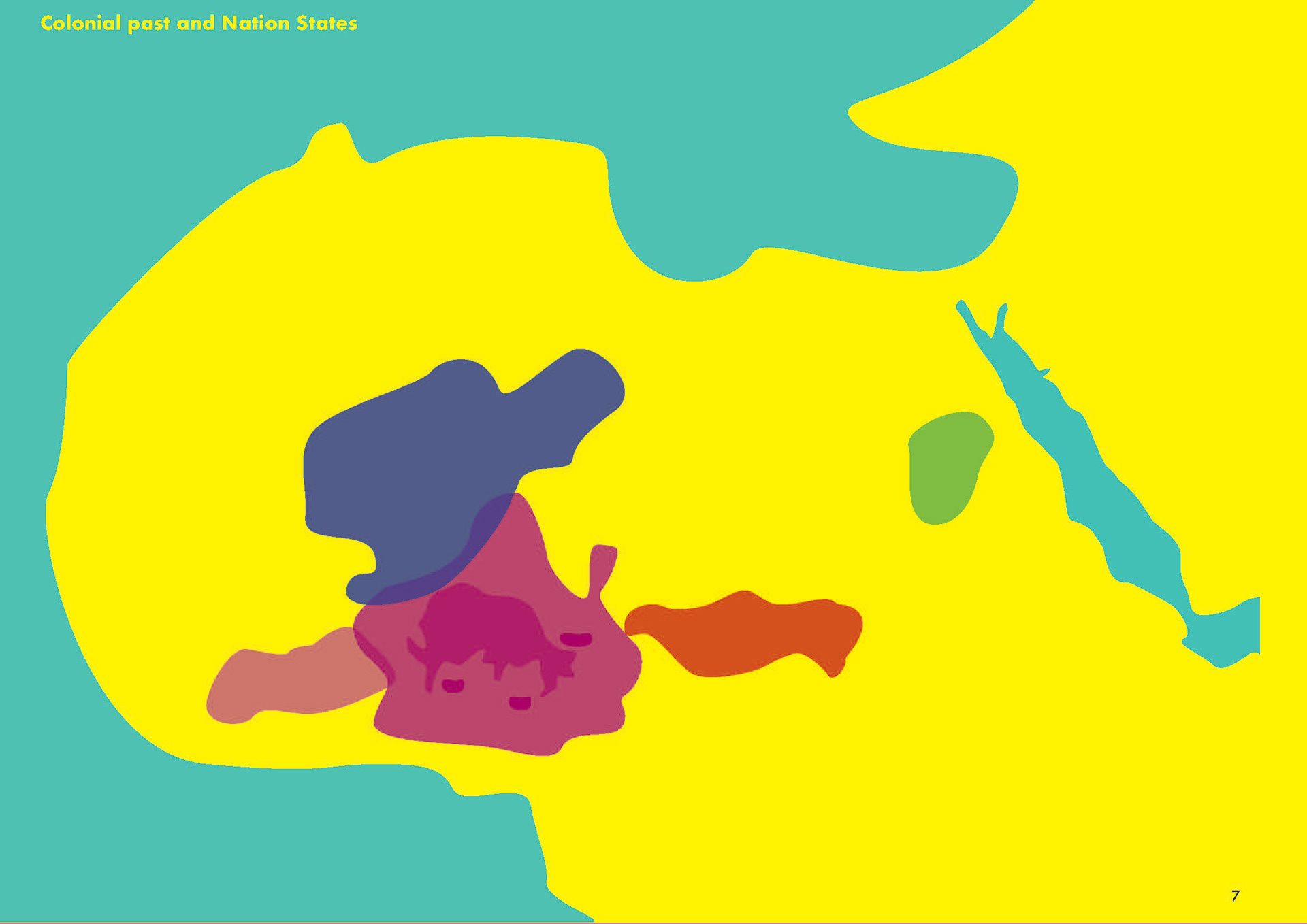
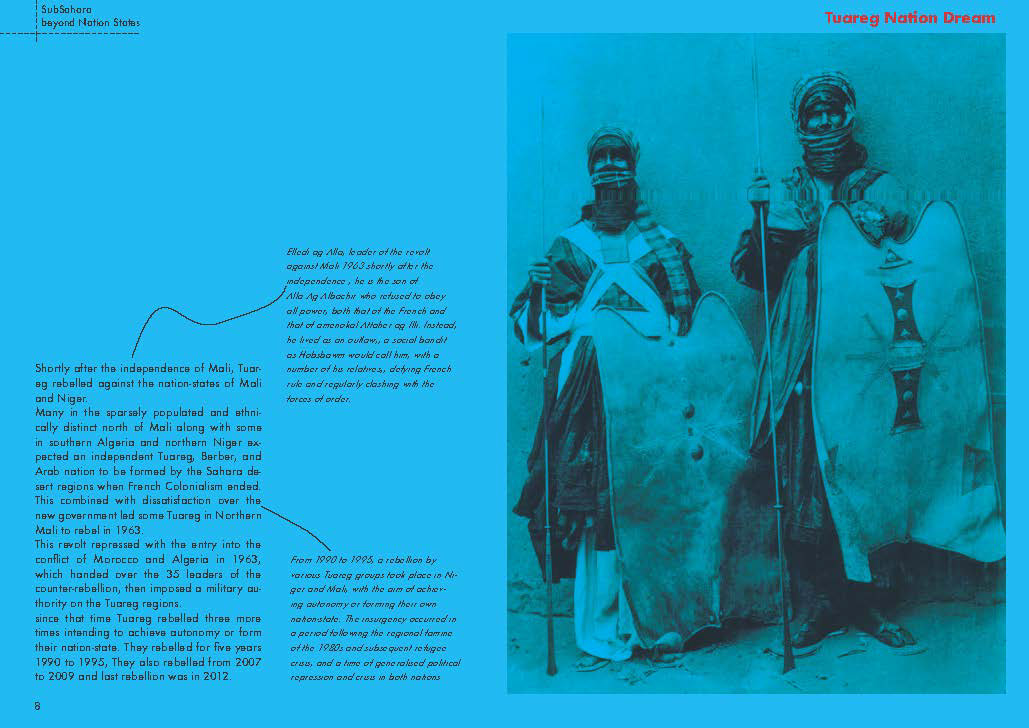
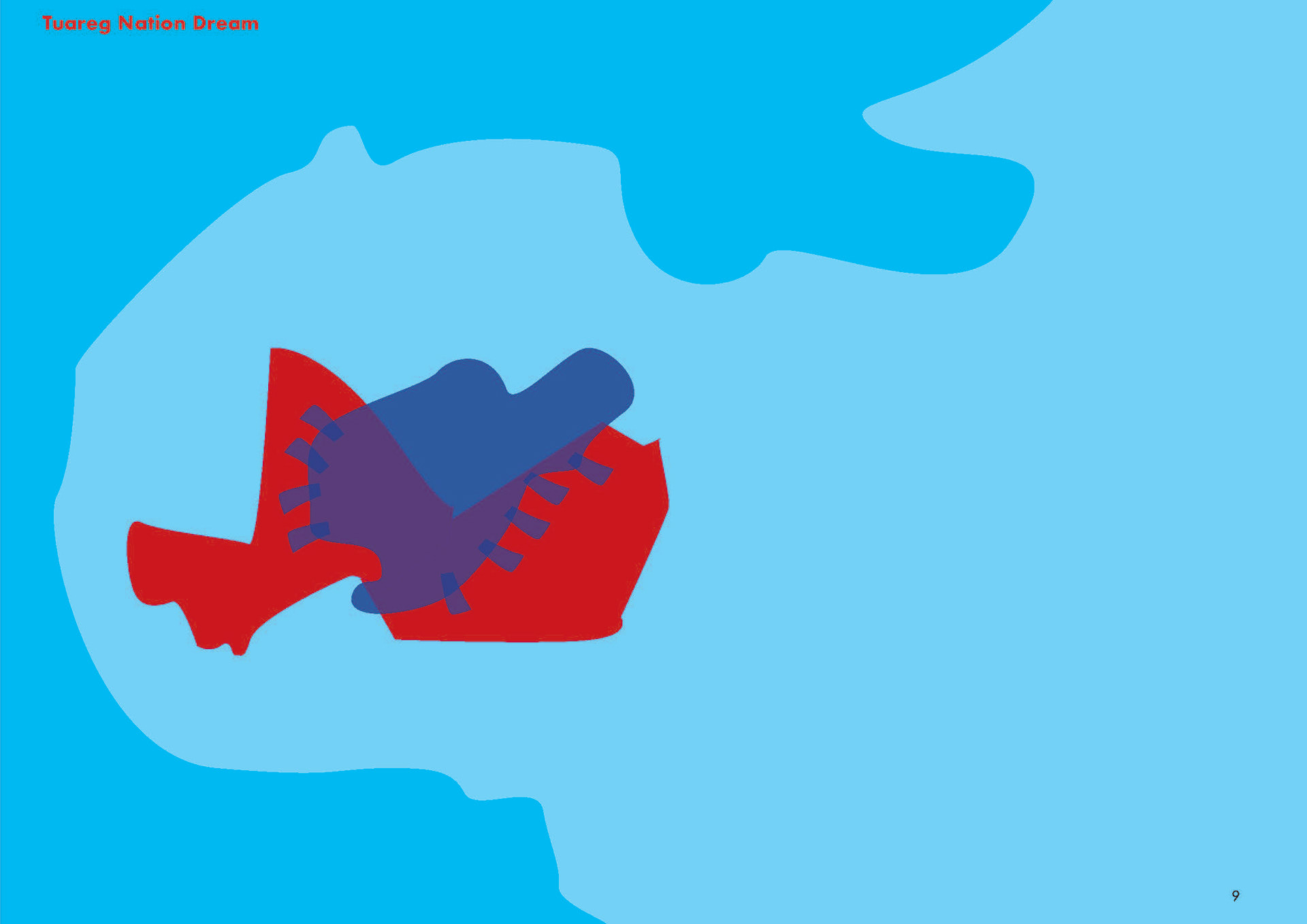
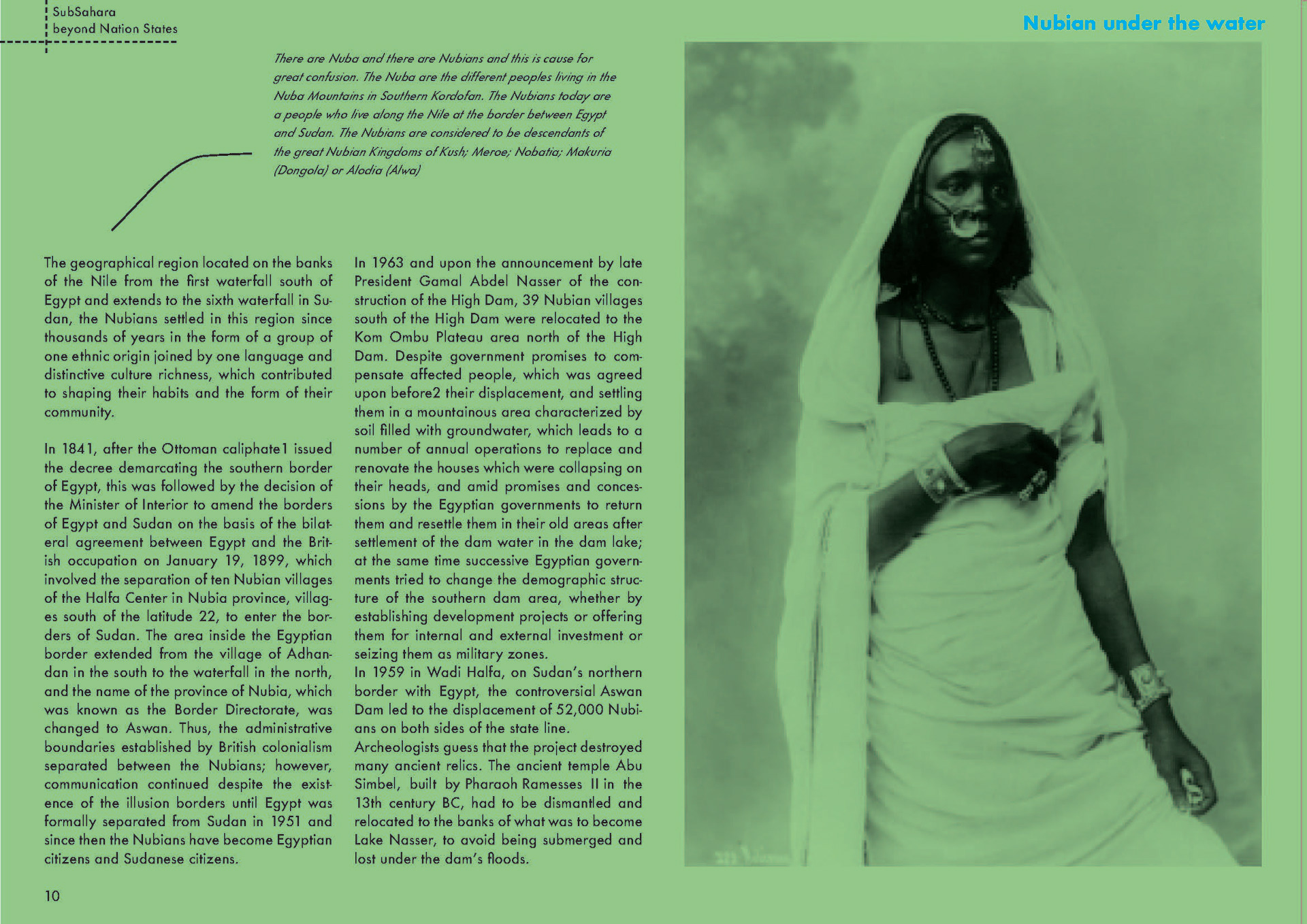
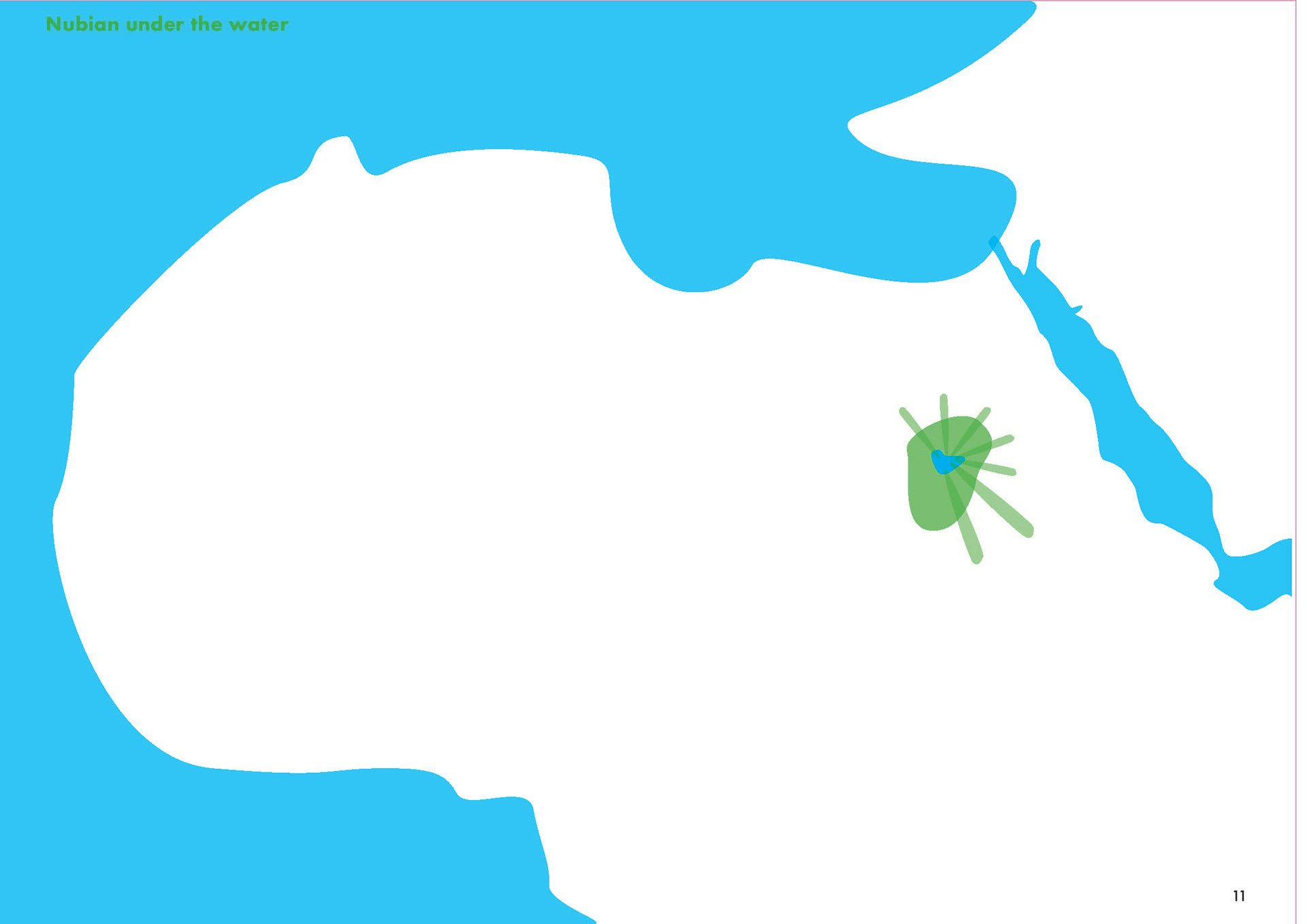
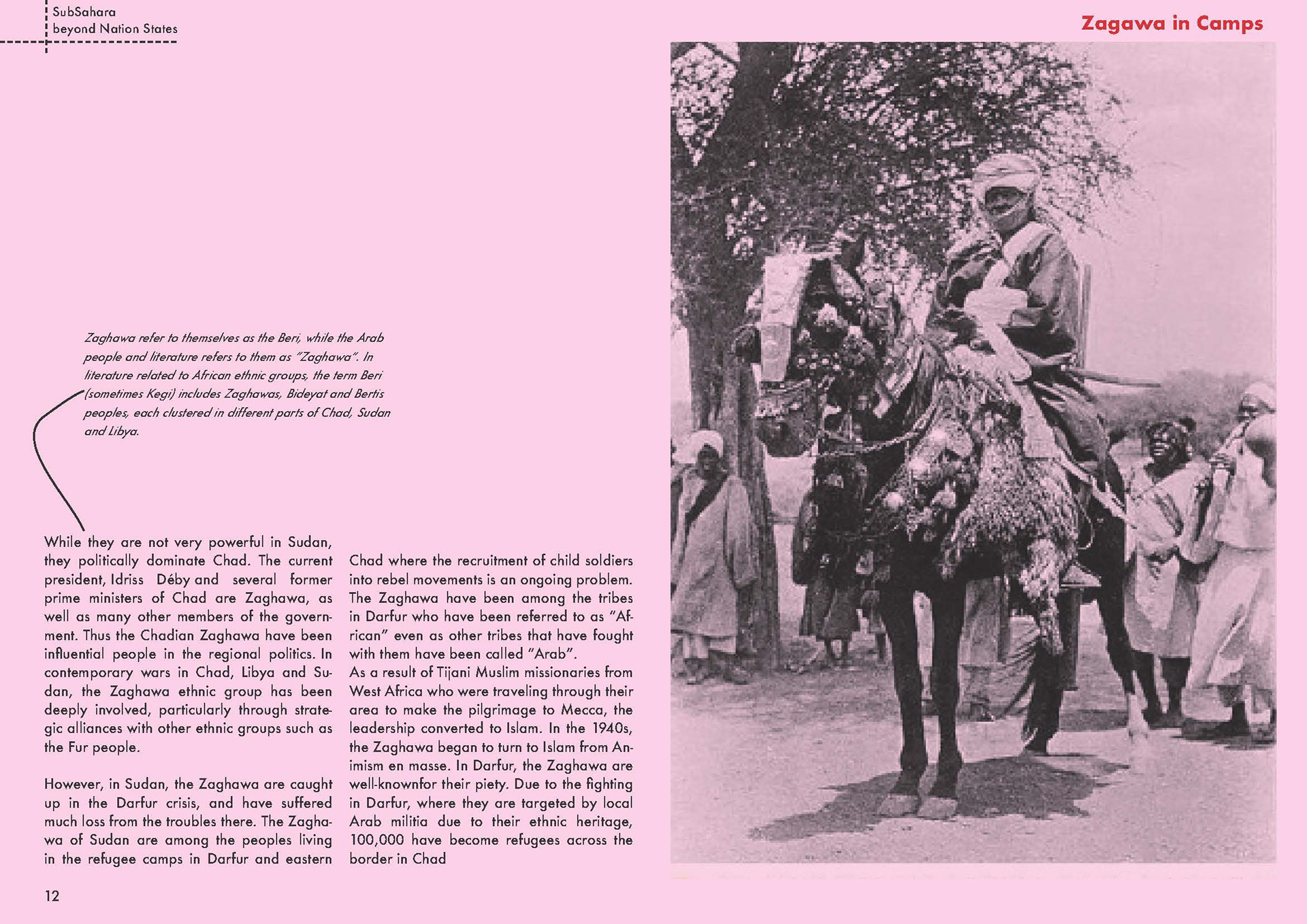
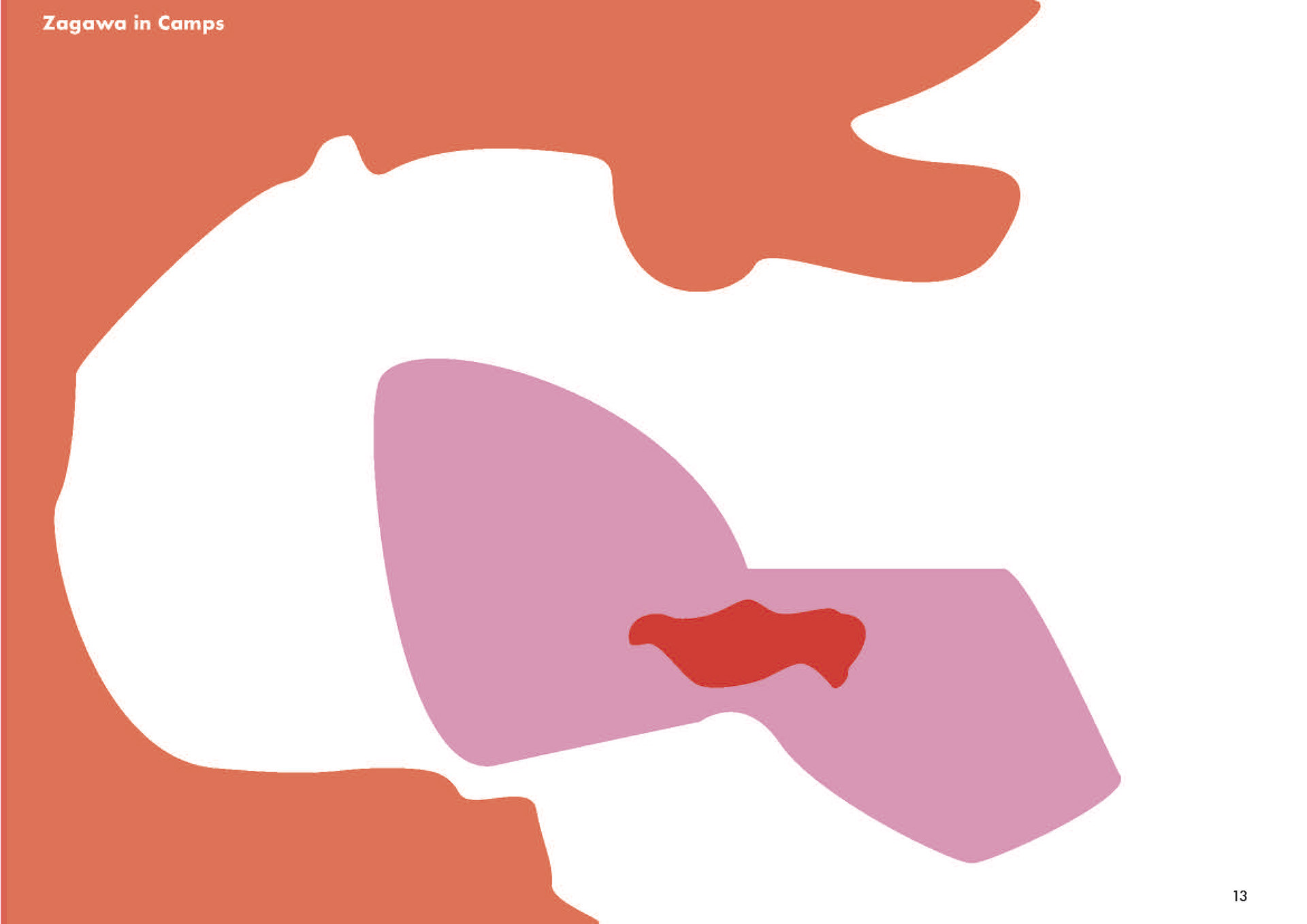

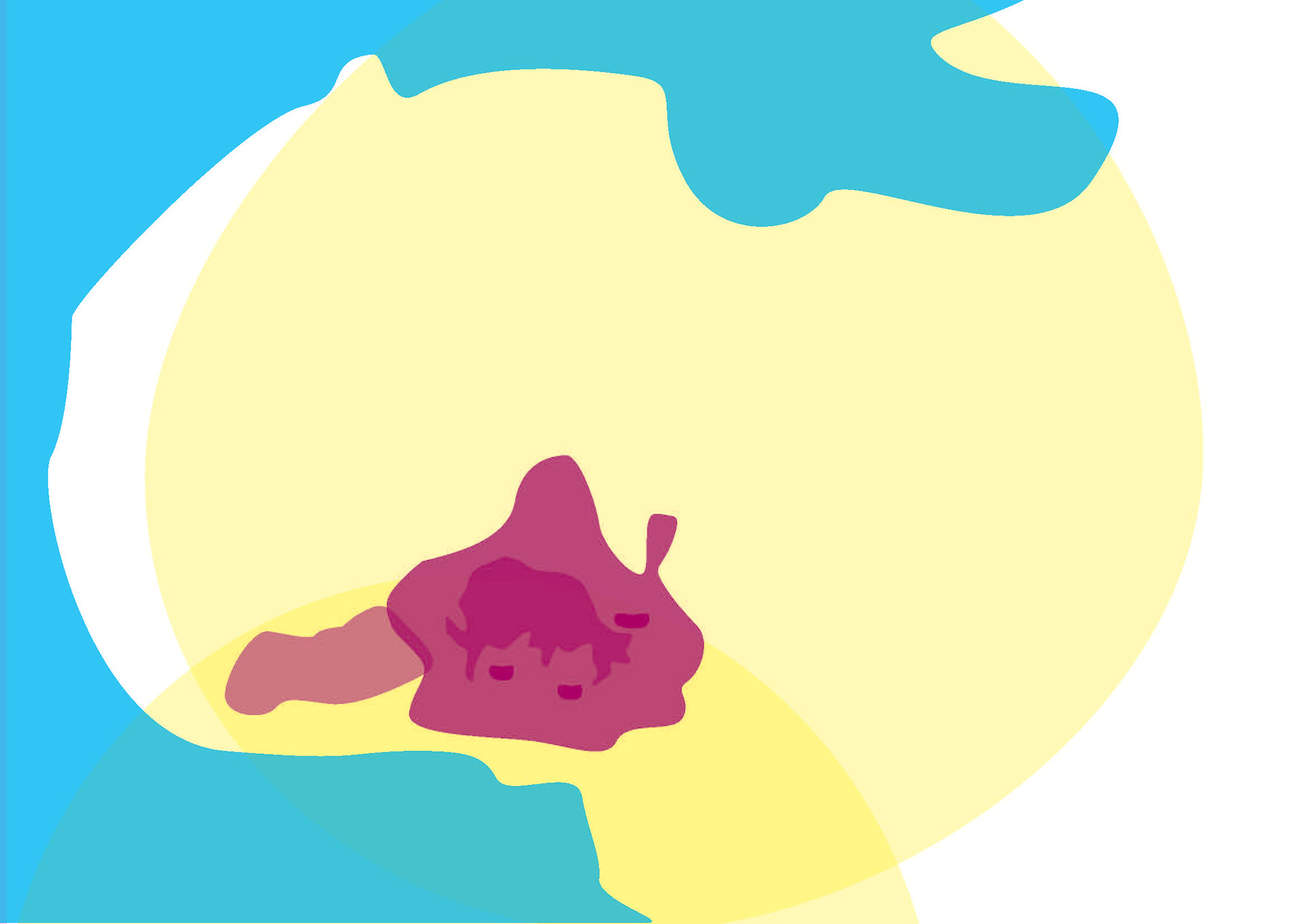
RESEARCH MATERIAL
